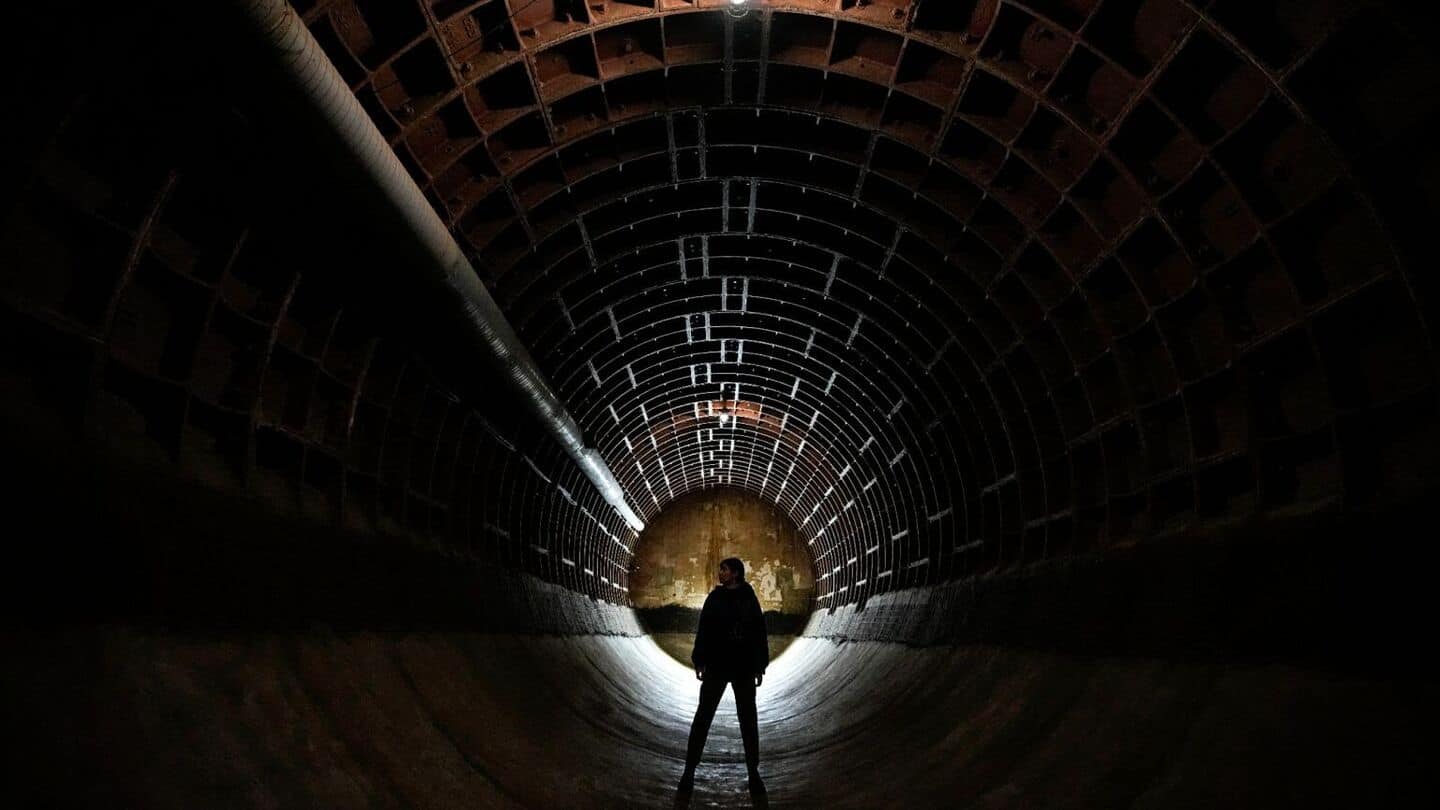
Germany to expand Cold War-era bunkers against potential Russian attack
What's the story
Germany is planning to quickly expand its network of bomb-proof bunkers and shelters as a precaution against a possible Russian attack within the next four years, said Ralph Tiesler, the head of the Federal Office of Civil Protection and Disaster Assistance (BBK). Tiesler stressed that Germany is currently unprepared for conflict. He called for an immediate assessment and adaptation of existing structures to create space for one million people.
Bunker situation
Only half a percent of Germany's population can be sheltered
Currently, only around 580 of Germany's 2,000 Cold War-era bunkers are operational, with most in need of expensive upgrades. These can house roughly 480,000 people, just 0.5% of Germany's population. Tiesler called for a nationwide effort to convert tunnels, underground stations, car parks, and public building cellars into protective shelters to "quickly create space for 1 million people." He also stressed the need to improve public information systems and upgrade warning sirens.
Financial considerations
Tiesler urges government to ensure funding for proposals
Tiesler urged Chancellor Friedrich Merz's government to ensure funding for BBK's proposals. Although deemed necessary, funds have yet to be legally allocated. Resources are expected to come from the billions released after Germany's parliament suspended its debt ceiling in March, allowing for significant investments in military, critical infrastructure like roads and bridges, and civil defense. Tiesler estimated that at least €10 billion would be needed over the next four years for civil defense needs.
Regional concerns
Russia's invasion of Ukraine has raised fears in Europe
Russia's ongoing invasion of Ukraine has raised fears in neighboring countries, especially the Baltic states, Poland, and Germany, that Moscow could open new fronts across Europe. Compared to Germany, BBK noted that Finland has 50,000 protection rooms for 4.8 million people, or 85% of its population. Tiesler also stated that efforts should be made to fine-tune information systems, like apps and road signs, to communicate with the public exactly where they may seek shelter, as well as upgrade warning sirens.